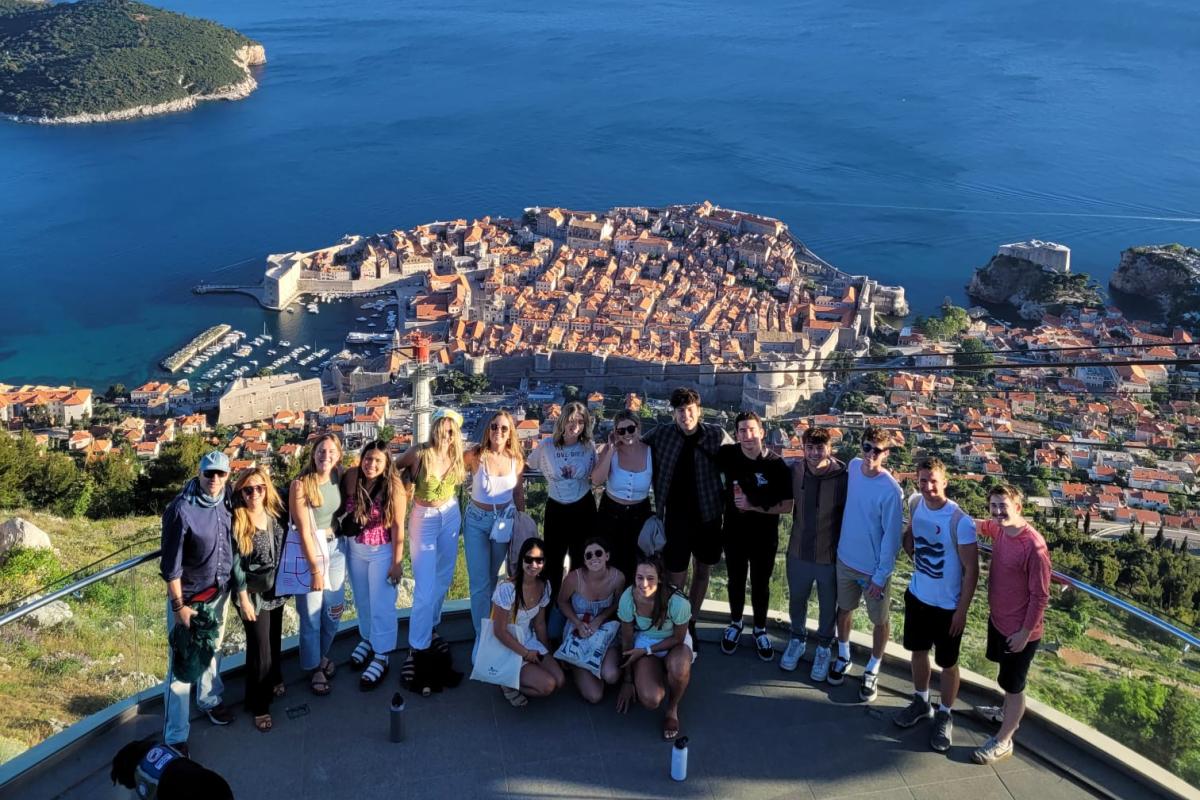Engineering Education Abroad Guide
Academics
Check the Course Approvals List to see what classes abroad are already approved to count towards your major, tech electives, and H&SS degree requirements. You can always apply to get a new course evaluatedand credit can also be awarded for an international research position or internship.
Finances
Program costs can range widely, but there are affordable options all over the world. For the most part, you can use federal, state, and institutional aid you would normally be offered for your any CU-approved Education Abroad program. There are also a number of scholarships available especially for study abroad.
Summer Abroad
Students can study abroad the summer after any year of study. It's recommended to study abroad the summer after your first or second year. This allows you to pursue an internship the summer after your junior year, which is a popular option among engineering majors.
You can also study abroad the summer term after you've graduated. This would mean fulfilling one remaining class such as a H/SS, free elective, or technical elective class.
CU-approved internships are facilited through IES Abroad, which manages placements, housing, and on-site support. Due to immigration restrictions, these opportunities are unpaid and require you to fund your living expenses (financial aid is avialble). However, performing an internship abroad provides you the opportunity to live overseas, gain professional experience, and earn academic credit toward your engineering major.
Earn six credit hours over the summer through an internship abroad combined with a foreign language course:
For English-speaking locations, only three credit hours can be earned:
The following programs offer engineering coursework during the summer. You may also choose among dozens of CU approved summer courses to fulfill free elective, H&SS, foreign language, or minor coursework credits.
- CEA CAPA Engineering in Rome: Rome, Italy
- CEA CAPA Engineering in Buenos Aires: Buenos Aires, Argentina
- TU-Darmstadt's Summer Research Program: Darmstadt, Germany
- Georgia Tech-Lorraine: Metz, France
- Comillas University: Madrid, Spain
- WorldStrides Colombia: Barranquilla Semester at Universidad del Norte: Barranquilla, Colombia
- DIS Abroad: Copenhagen, Denmark
- SIT Renewable Energy, Technology & Resource Economies: Isafjordur, Iceland
- CIEE Sustainability & the Environment: Monteverde, Costa Rica
Global Seminars
Global Seminars are short-term study abroad programs led by CU faculty members. They usually take place during the summer and combine academic course content with immersion in an overseas setting. Most Global Seminars are between 2.5 and 5 weeks, and students earn 3-6 credit hours. The programs listed below are taught by faculty within the College of Engineering & Applied Science, see CU Boulder Global Seminars for the full list of program offerings.
Next Steps
- Meet with your degree advisor to plan the academics of your study abroad.
- Visit Education Abroad's Get Started page to complete Abroad 101 and learn more about program options, pre-approved courses, financial aid and more!
- Connect with an Education Abroad advisor to discuss any questions and begin the application process.





